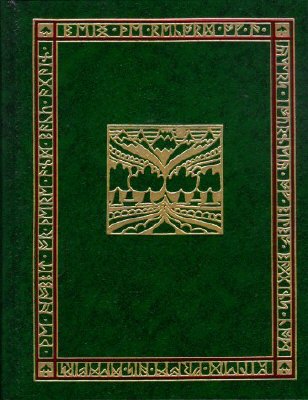"Tales of Old Japan" is a book with an interesting pedigree. From 1866-1870, Author A. B. Mitford was an attaché with the British Legion at Edo (Modern day Tokyo), and one of the first foreign diplomats to Japan. He served as a translator for the young Meiji Emperor, and became intimately familiar with the country and its language.
Upon his return to Britain, he became discouraged and disappointed by Western media reports of the Japanese people, portraying them as an uncouth people lacking in morals or character, with vicious men and wanton women. Mitford set out to correct that error by writing "Tales of Old Japan," showing through Japanese legends and fairy tales the moral heart of the country, what they admired, what they aspired to, and what they feared.
Because of this, "Tales of Old Japan" is much more than a collection of stories. Published in 1871, it is the first English-language book of its kind, and many famous Japanese tales, such as "Okiku and the Nine Plates," and "The Forty-Seven Ronin," appear here for the first time. Each tale was selected not only for its own interest, but to teach Western audiences about the soul of the Japanese people through their native fairy tales. After each story, Mitford writes about how the story is seen in Japan, what people admired about the heroes and despise about the villains.
































